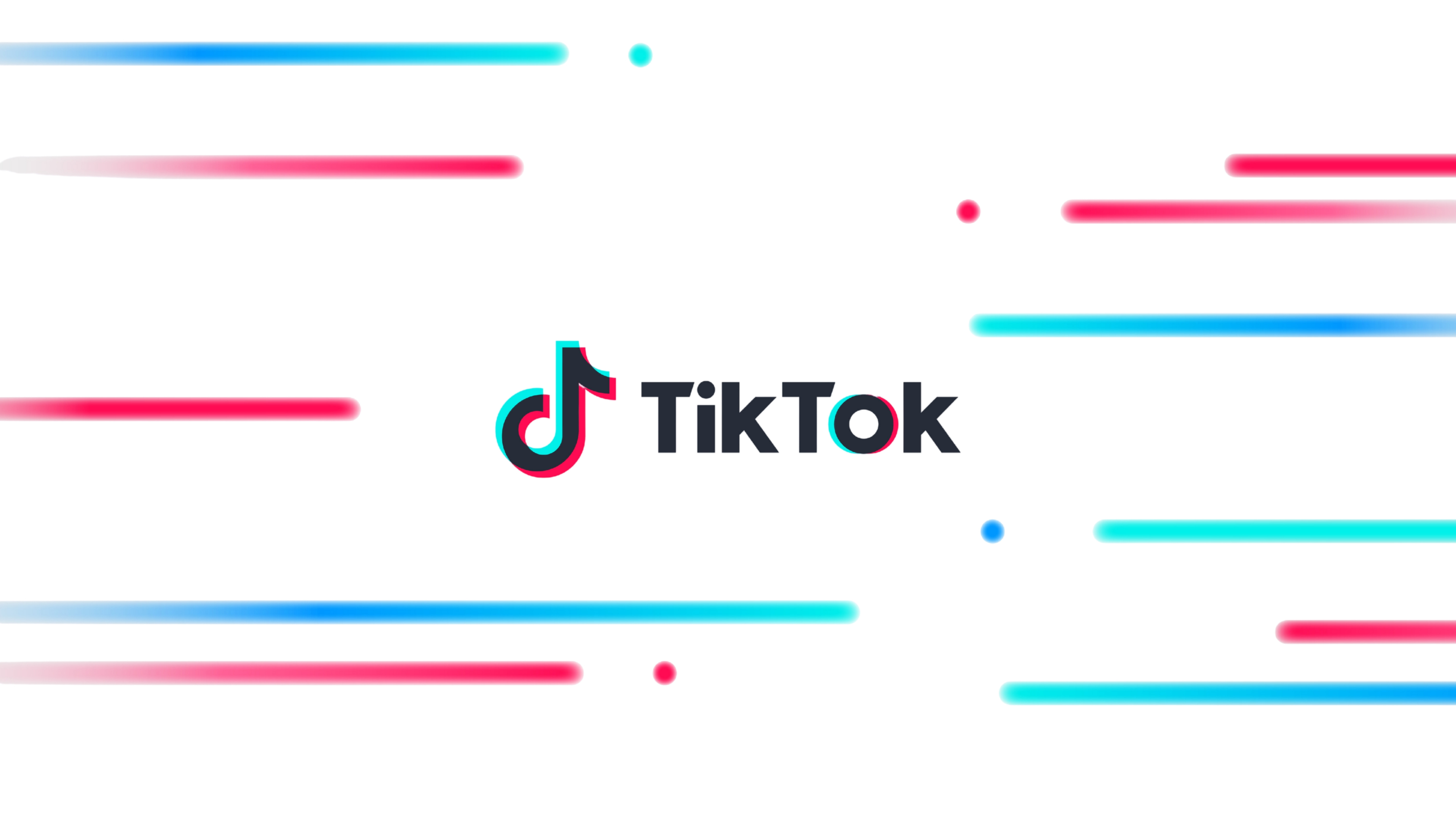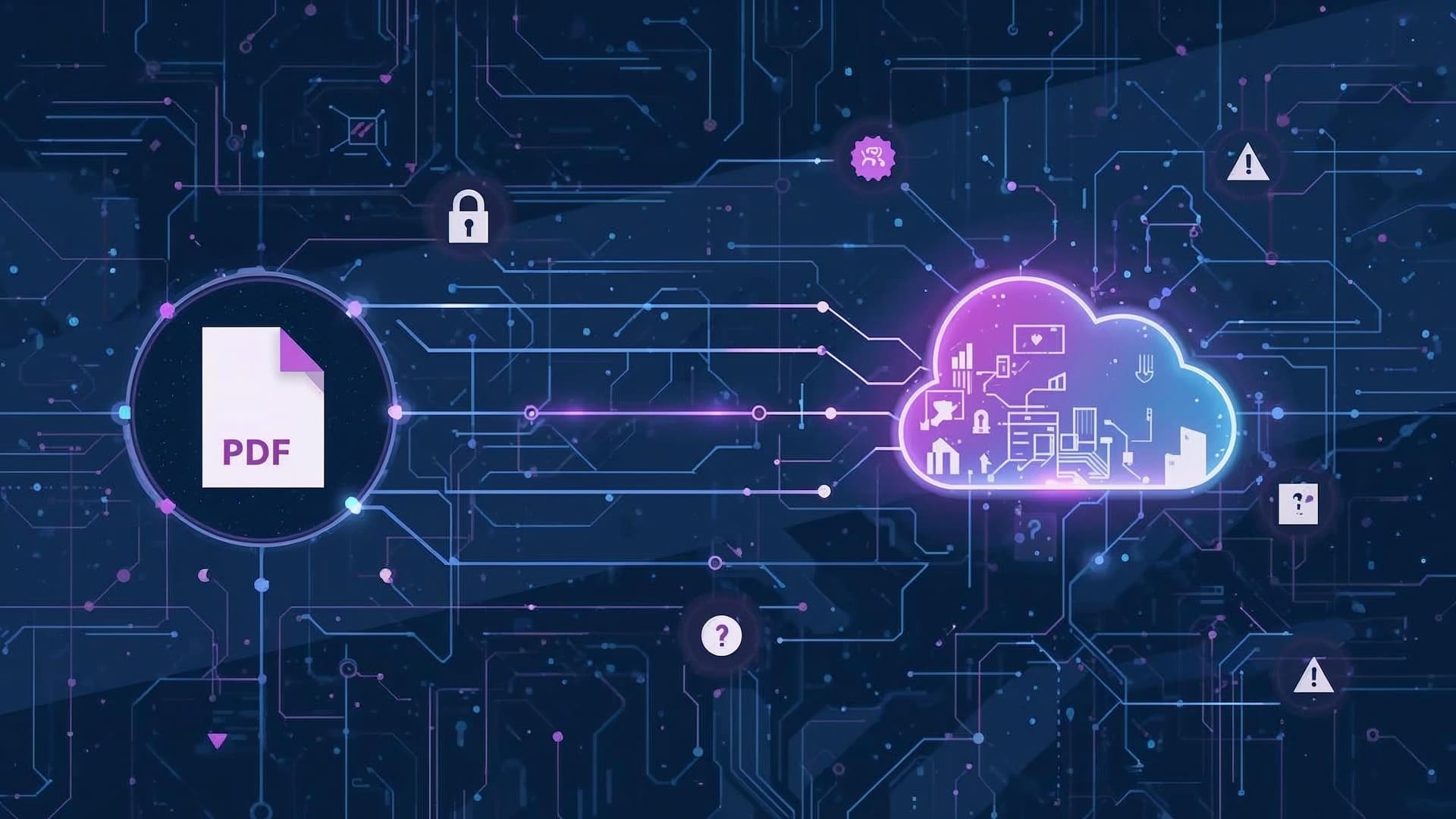Quantum computing concerns around Bitcoin have resurfaced, yet analysis from CoinShares indicates the threat remains long-term. The report argues that quantum risk is an engineering challenge that gives Bitcoin ample time to adapt.
Bitcoin’s security relies on elliptic-curve cryptography. A sufficiently advanced quantum machine could, in theory, derive private keys using Shor’s algorithm, which requires millions of stable, error-corrected qubits, and remains far beyond current capability.
Network exposure is also limited. Roughly 1.6 million BTC is held in legacy addresses with visible public keys, yet only about 10,200 BTC is realistically targetable. Modern address formats further reduce the feasibility of attacks.
Debate continues over post-quantum upgrades, with researchers warning that premature changes could introduce new vulnerabilities. Market impact, for now, is viewed as minimal.
Would you like to learn more about AI, tech and digital diplomacy? If so, ask our Diplo chatbot!










